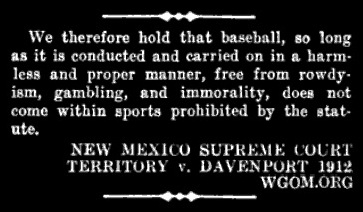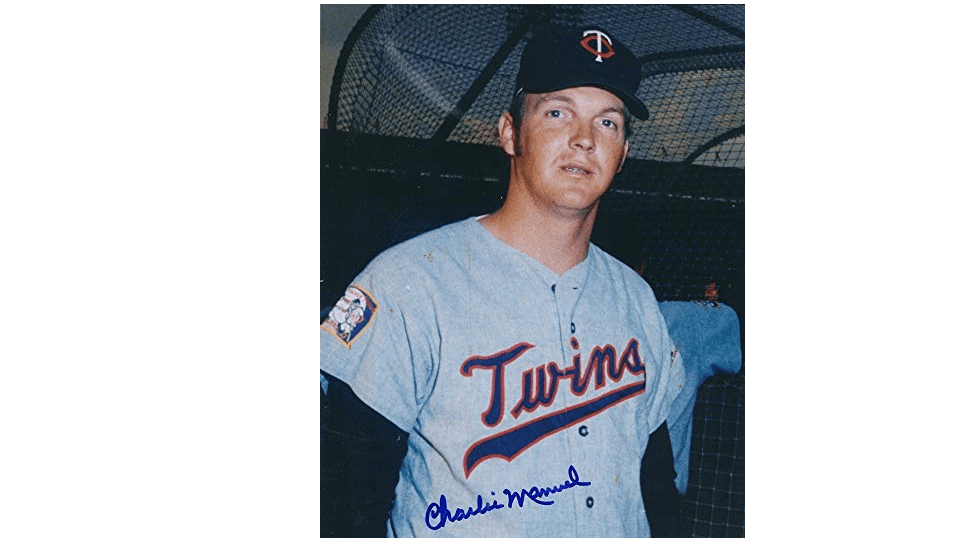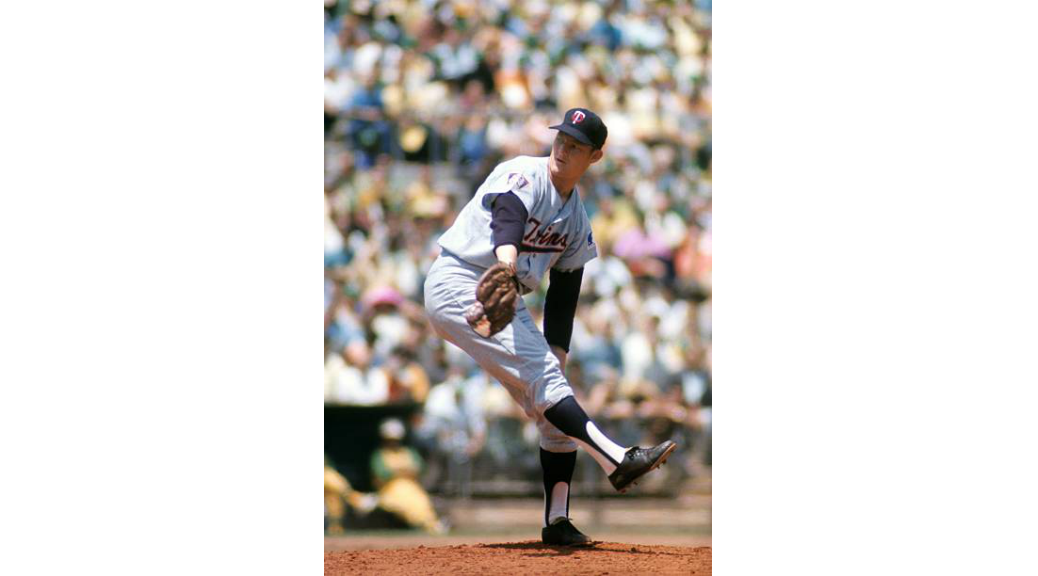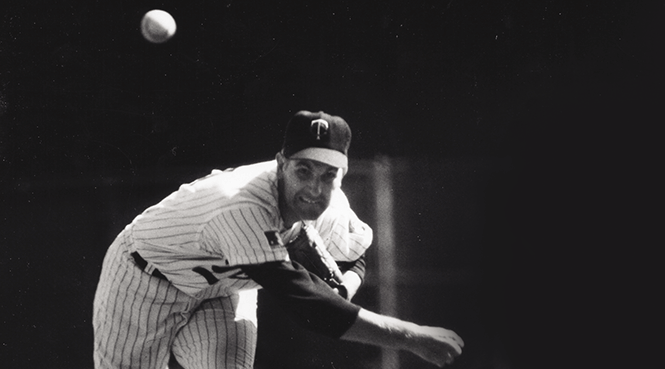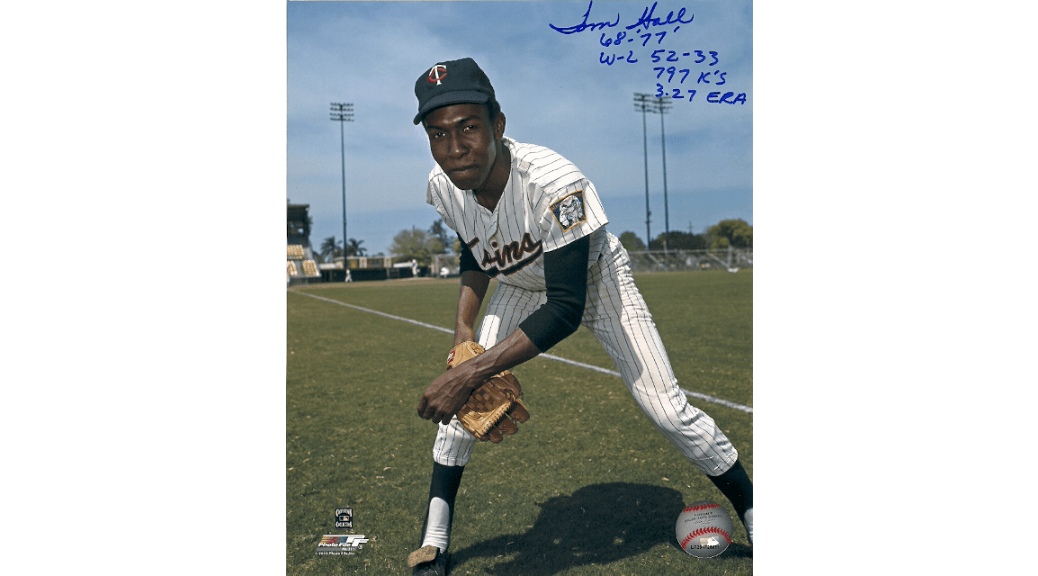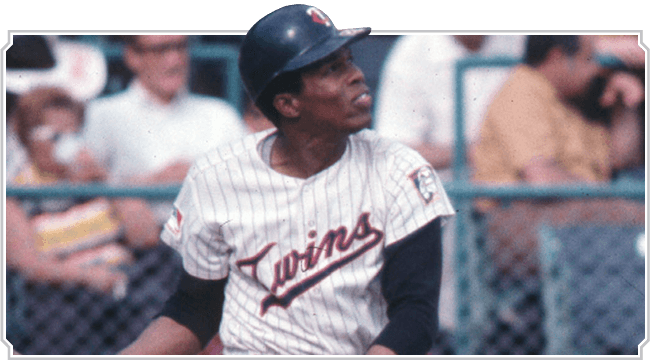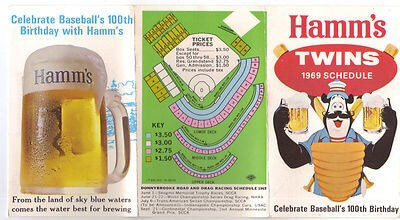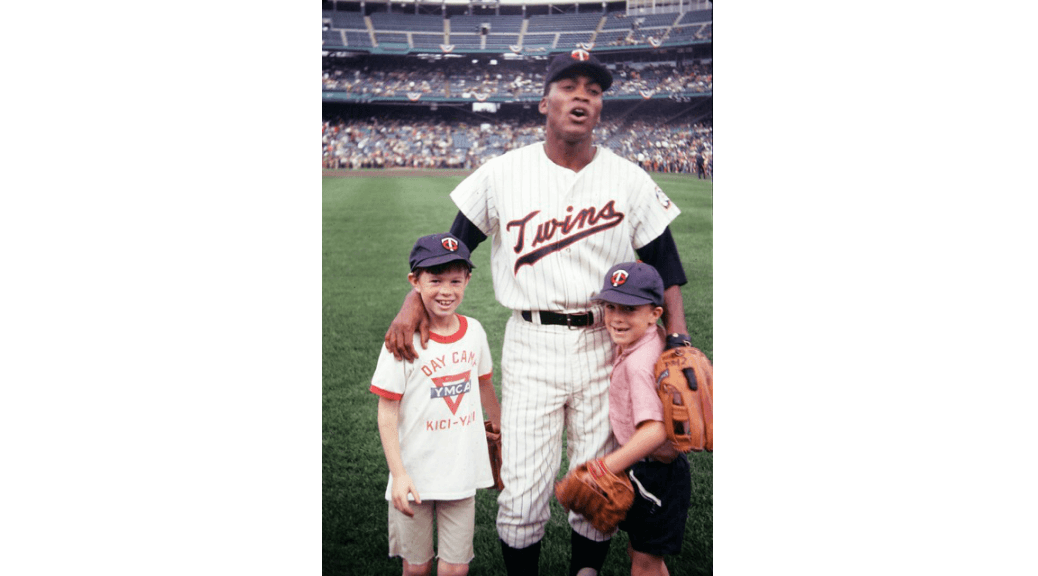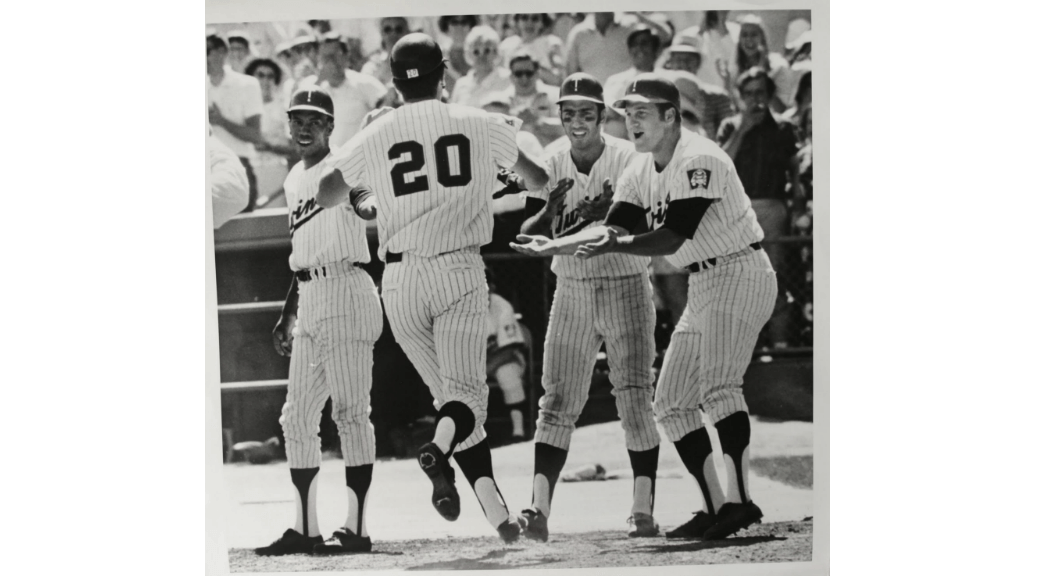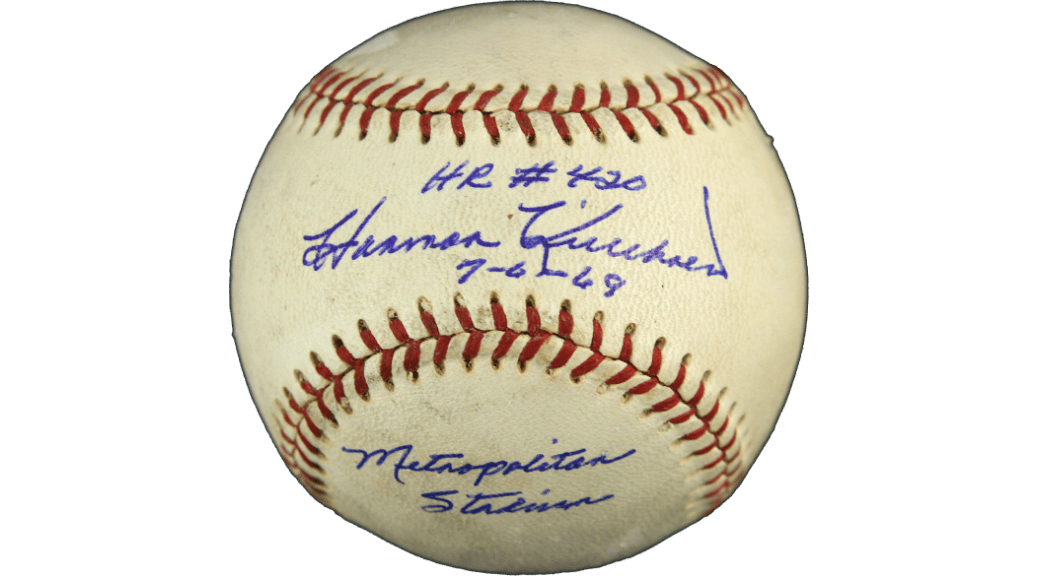MINNESOTA 5, SEATTLE 4 IN MINNESOTA (GAME 2 OF DOUBLEHEADER)
Date: Sunday, July 13.
Batting stars: Tony Oliva was 3-for-5 with a double. Leo Cardenas was 2-for-4 with a double. Charlie Manuel was 2-for-5 with a double and three RBIs. Harmon Killebrew was 1-for-3 with two walks.
Pitching stars: Al Worthington struck out two in two shutout innings, giving up one hit. Ron Perranoski struck out two in 1.2 scoreless innings, giving up three walks.
Opposition stars: Fred Talbot pitched 7.1 innings, giving up one run on four hits and four walks and striking out five. Ron Clark was 2-for-4 with two doubles. Wayne Comer was 1-for-2 with a double and two walks.
The game: There was no score until the fifth. The Twins had a major threat in the fourth, as Ted Uhlaender reached on an error, Oliva doubled, and Killebrew was intentionally walked, loading the bases with one out for Rich Reese. Reese hit into a double play, however, leaving the game scoreless.
It looked like it would cost them, as the Pilots rallied in the fifth. Comer walked, Merritt Ranew singled, and Clark doubled, putting Seattle up 1-0. With one out, Talbot delivered a two-run single, making the score 3-0. The Twins weren't doing much against Talbot, and in the eighth the Pilots added to their lead without benefit of a hit. Steve Hovley reached second on an error and was bunted to third. Tommy Davis was intentionally walked. With two out Davis stole second, leading to an intentional walk to Comer. With the bases loaded Jerry McNertney was accidentally walked, giving Seattle a 4-0 lead.
The Twins got on the board in the eighth. Oliva got a one-out single, leading to Talbot being removed in favor of Bob Locker. Killebrew singled, and with two out Manuel came through with a two-run double. Still, the Pilots led 4-2 going to the bottom of the ninth.
Cardenas led off the bottom of the ninth with a double. Rod Carew got a pinch-hit single to make the score 4-3. He was bunted to second. Cesar Tovar then reached on an error, putting men at first and third. Oliva singled to bring home the tying run. With men on first and second and the score 4-4, Killebrew was intentionally walked to load the bases. It looked like the strategy might work, as Reese popped up to short. Manuel then singled to right, however, giving the Twins a 5-4 victory.
WP: Perranoski (5-4). LP: Diego Segui (6-4). S: None.
Notes: Tovar started the game at second base. Manuel was in left, with Uhlaender in center.
Carew's pinch-hit raised his average to .356. Oliva went up to .339. Reese was 0-for-5, dropping his average to .324.
After seeing Killebrew go 3-for-4 with a double and two home runs in the first game of the series, Joe Schultz apparently decided he wasn't going to let him beat them any more. Killebrew drew six walks in the remaining three games of the series. It would be hard to argue that the last one, in the ninth inning, was good strategy. They even lost a platoon advantage, as it made the right-handed Segui face lefties Reese and Manuel. Granted, Segui didn't have a big platoon split, but you still gave up what he had. Plus, of course, moving the deciding run to third meant that a fly ball, an error, a Dazzle Special, or even a weakly hit ground ball could end the game. They kept Killebrew from beating them but they still lost the game, and I don't see how you argue that walking Killebrew made it less likely that they'd lose the game.
Twins starter Bob Miller pitched 4.1 innings, allowing three runs on four hits and a walk, striking out none.
1969 was the only season Wayne Comer was a regular. An outfielder, he played mostly center for the Pilots, although he also saw substantial time in right. He wasn't bad, batting .245 but with an OBP of .354 and fifteen home runs. His OPS was .735. I suspect, however, that baseball people saw the .245 a lot more than the .354. In 1970 the team, now in MIlwaukee, went with such luminaries as Danny Walton and Bob Burda in the outfield and sent Comer first to the bench, then to Washington in May. He was a reserve outfielder for the Senators, batting .233 but again posting a solid OBP of .346. He would then spend the next four years in AAA, getting just twenty-seven more big league at-bats with Detroit in 1972. In 816 big-league plate appearances he had an OBP of .331. One suspects that today some team would figure out a way to use that, but back then no one did.
Record: The Twins were 53-35, in first place in the American League West, 4.5 games ahead of Oakland. They had won five in a row, ten out of eleven, and and fourteen out of sixteen.
